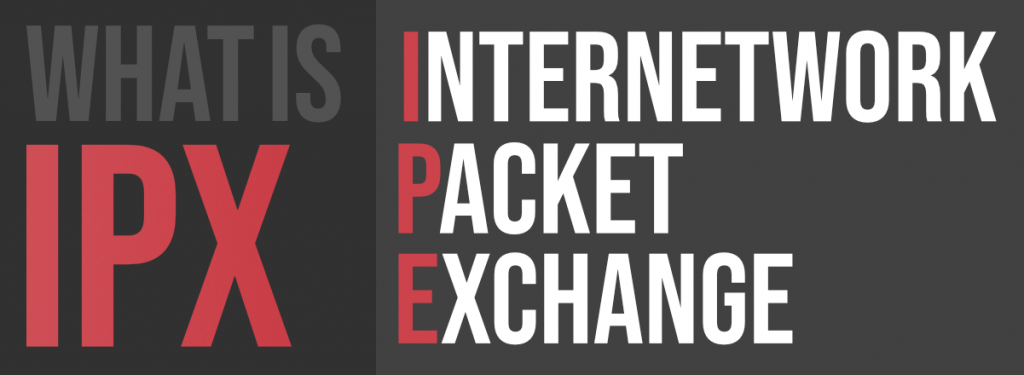What is IPX(Internetwork Packet Exchange)?
Last Updated :
22 May, 2020
IPX is a networking protocol that conducts the activities and affairs of the end-to-end process of timely, managed and secured data. Originally used by the Novell NetWare operating system and it was later adopted by Windows. As they replaced NetWare LANS they became widely used on networks deploying Microsoft Windows LANs.

IPX/SPX or Internetwork Packet Exchange/Sequenced Packet Exchange was developed by Novell to be a replacement to the TCP/IP Protocol Suite. This was introduced in Novell’s networking software called Netware in the early 1980s. IPX introduced in the 1980s remained fairly popular till the 1990s. After which the TCP/IP protocol has largely replaced it.
Working of IPX
IPX is the network layer and SPX is the transport layer of the IPX/SPX network protocol. IPX and IP protocol have similar functions and this defines how data is sent and received between devices. The transport layer protocol or SPX protocol is used to establish and maintain a connection between devices. Together, they can be used to transfer data and create a network connection between systems.
IPX does not require a consistent connection to be maintained while packets are being sent from one system to another, this is what is called being connectionless. It can resume the transfer from the point where it was interrupted due to bad connection or power loss.
Applications
IPX provides peer-to-peer support connectivity. Like IP, IPX also contains end-user data and is connectionless, just like network addresses.
Novell’s original NetWare client was written for DOS. In the 1990s, video games like Quake, Descent, and WarCraft 2 were supported with IPX for network gaming. Kali was the name of a service used as an emulator to let gamers play online
Advantages
-
IPX/SPX was primarily designed for local area networks (LANs) and is very efficient when used for this only.
- IPX has a larger address space: 48 bits instead of 32 bits in IPv4.
- IPX addresses incorporate the local MAC address:compared to “address assignment” like with IPv4.
- No BootP or DHCP in IPX. (DHCP was invented from BootP was so that IPv4 could allow “plug-and-go” network addressing like what IPX did. It was later added in IPv6.)
Disadvantages
- Nowadays IPX is falling out of trend. TCP/IP is mostly used because of its superior performance over wide area networks and the Internet and its a more mature protocol created with the same purpose in mind. The real advantage of TCP/IP is interoperability and vendor-independent open standards.
- With IPX applications and the use of the internet, the costs are higher if you are implementing VPNs.
-
Encapsulating and encrypting of IPX frames in an IP packet requires expensive hardware than performing a straight IPSec VPN.
Like Article
Suggest improvement
Share your thoughts in the comments
Please Login to comment...